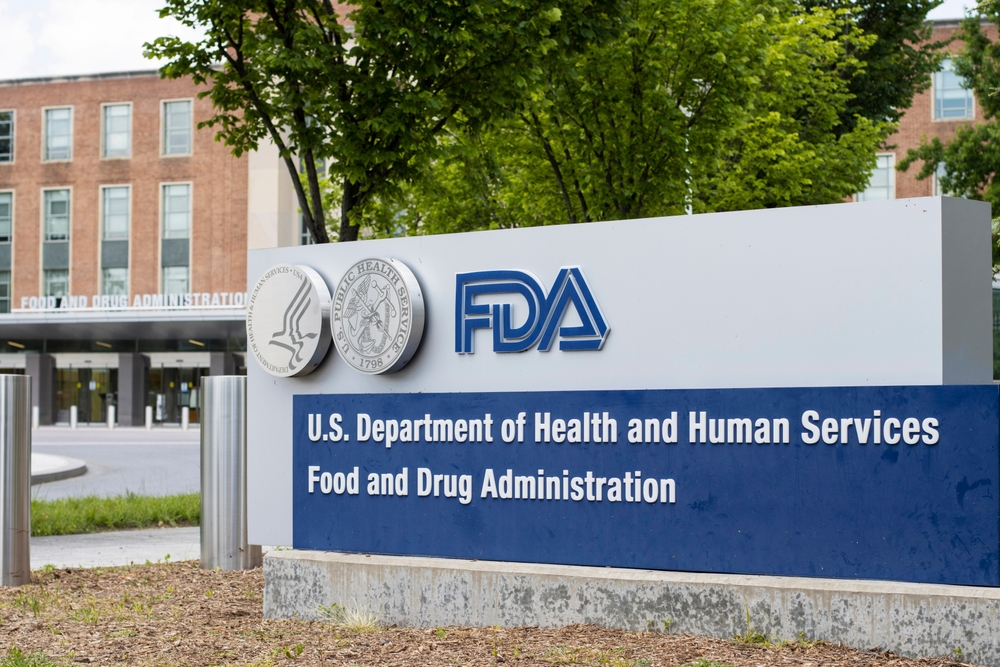The Food and Drug Administration’s (FDA) announcement sent ripples through the breakfast food industry when it revealed that over two million baked goods needed to be pulled from shelves nationwide. The recall, initiated by major pastry distributor FGF Brands, stems from concerns about potential Listeria monocytogenes contamination at one of their production facilities.
A closer look at the safety concern
Medical professionals explain that Listeria poses particular risks to certain populations. “While healthy individuals might experience mild symptoms, those with compromised immune systems face more serious risks,” Dr. Rachel Chen, food safety specialist at Metropolitan Health Center, tells PEOPLE. “Pregnant women, elderly individuals, and those with weakened immune systems need to pay special attention to these alerts.”
The timing factor
The recall specifically targets products manufactured on or before December 13, 2024. FGF Brands emphasizes these items have already passed their expiration dates, suggesting they should no longer be available for purchase or consumption. This timing detail provides some reassurance to regular customers who might have concerns about recent purchases.
Inside the affected products
The scope of this recall touches many favorite breakfast items. Dunkin’ locations across the country have been instructed to remove specific products from their shelves. The affected items span their entire range of fresh-baked goods, from classic yeast rings to seasonal favorites like pumpkin cake rings.
The investigation process
Food safety investigators conducted thorough assessments at the manufacturing facility in question. FGF Brands reports that while environmental testing prompted the recall, no actual food products or food-contact surfaces tested positive for Listeria contamination. This detail adds context to the FDA‘s classification of this as a class 2 risk level recall.
Understanding risk levels
The FDA’s classification system helps consumers understand the severity of food safety alerts. A class 2 designation indicates that while caution is warranted, the likelihood of serious health consequences remains remote. This classification suggests temporary or medically reversible adverse health effects might occur in worst-case scenarios.
Consumer response guidelines
Food safety experts recommend specific steps for consumers who might have purchased affected products. While the expired status of recalled items reduces immediate concern, checking home pantries for any stored products remains advisable. Medical professionals suggest watching for specific symptoms in the weeks following consumption of potentially affected items.
Industry impact
The recall’s magnitude has sparked discussions within the food manufacturing industry. “This kind of large-scale recall demonstrates how seriously companies take food safety,” says Maria Thompson, food industry analyst at Consumer Market Research. “It also highlights the complexity of modern food supply chains.”
Moving forward
FGF Brands has implemented additional safety measures at their facilities following this incident. The company’s proactive approach includes enhanced testing protocols and increased monitoring of production environments. These steps aim to prevent similar situations in the future while maintaining consumer trust.
The broader perspective
Food safety experts note that while recalls of this size attract attention, they actually represent the effectiveness of current monitoring systems. “These alerts show that our food safety networks function as intended,” Dr. Chen explains. “Detection and swift action protect public health.”
Looking ahead
The incident has prompted discussions about potential improvements to food safety protocols across the industry. Manufacturing facilities nationwide are reviewing their testing procedures, while regulatory bodies consider whether current guidelines need enhancement.
Company response
Dunkin’ has maintained transparent communication throughout the recall process. The company’s commitment to customer safety led to swift removal of affected products and clear communication about the situation through various channels.
Consumer advocacy perspective
Consumer protection groups praise the quick action while emphasizing the importance of public awareness about food safety alerts. “Informed consumers make better decisions about their food choices,” says James Wilson, director of Food Safety First, a consumer advocacy organization.













